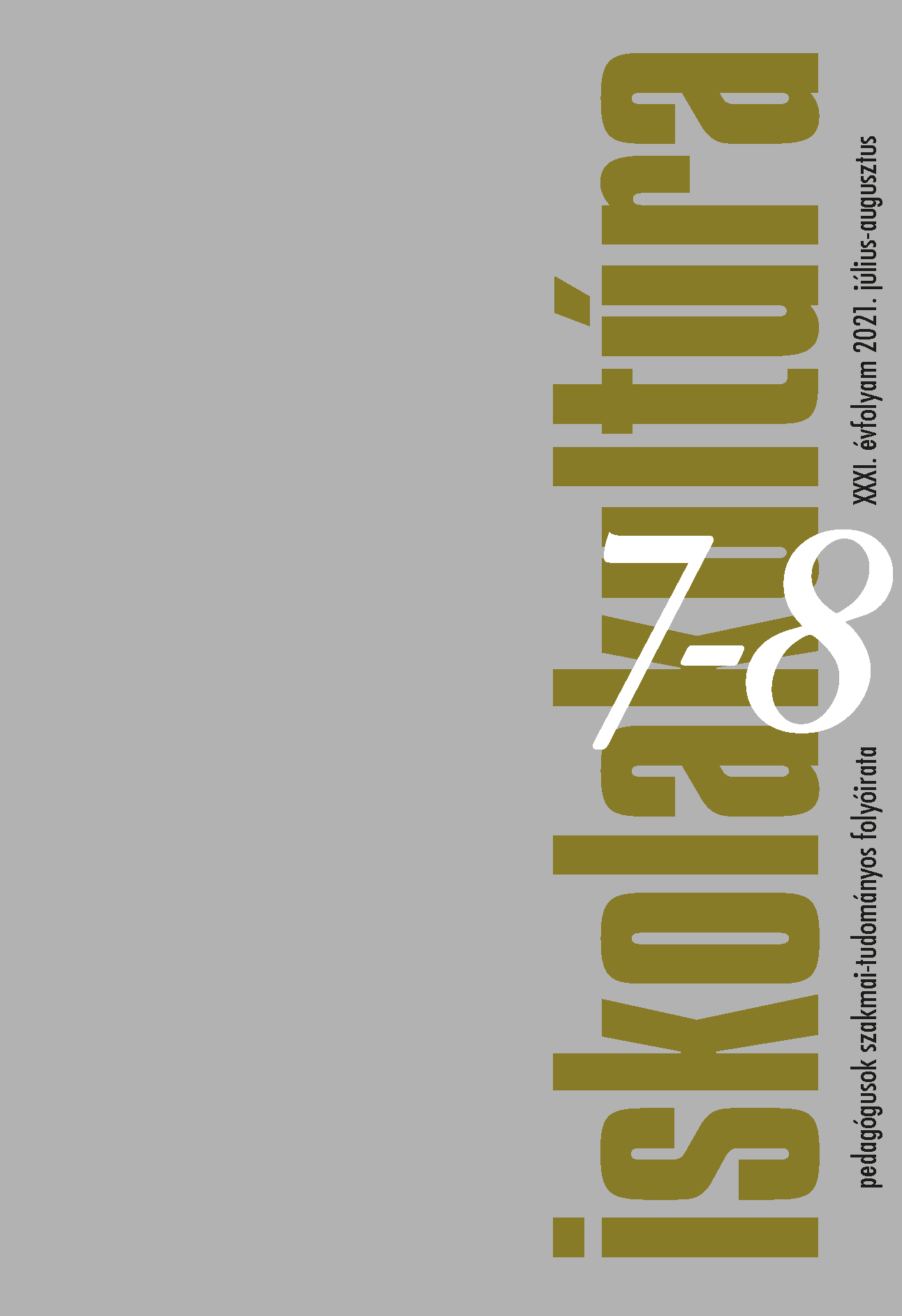Heritage of the past: Foreign Language learning and disadvantaged background Results of a qualitative research
Main Article Content
Abstract
In our research, we examined the topic of foreign language knowledge focusing on the social groups as a special segment. The relevance of the research in educational sciences is significant, as knowledge of a foreign language plays a crucial role nowadays. Due to globalisation and international mobility in the labour market and education, we can hardly imagine everyday life without speaking at least one foreign language. Education policy decisions also promote foreign language learning. In Hungary, obtaining at least one B2-level language exam is a requirement of the successful completion of higher education training courses. However, neither the National Core Curriculum nor the framework curricula address the specific situation of language learners with disadvantaged backgrounds, furthermore they set the same objective for those living in disadvantaged regions regardless of social background. However, a review of the Hungarian literature reveals a significant gap as the number of studies exploring language learning and equal opportunities of disadvantaged students is negligible. In the first part of our research, we examine the most important educational policy as well as some initiative projects of the last decades, which aimed to support foreign language education of disadvantaged pupils. In the second part, we present the results of our qualitative research, which focuses on Eastern Hungary, including several typically disadvantaged micro-regions and institutions of Hajdú-Bihar County (Ninstitutions=9, Nteachers=9). In our research, we sought to answer how the underlying problems and contexts can explain the complex system of language teaching in the schools of a disadvantaged region. Based on the results, the declining number of children, low level of teacher fluctuation, the problem of grouping pupils, the choice of foreign language, the use of digital tools, the language pedagogical methodology, and the diversity of assessments should be highlighted. From a practical point of view, the results are particularly relevant for the development of language teaching for disadvantaged students, and language pedagogical and academic achievement can be improved by taking the suggestions into account.

